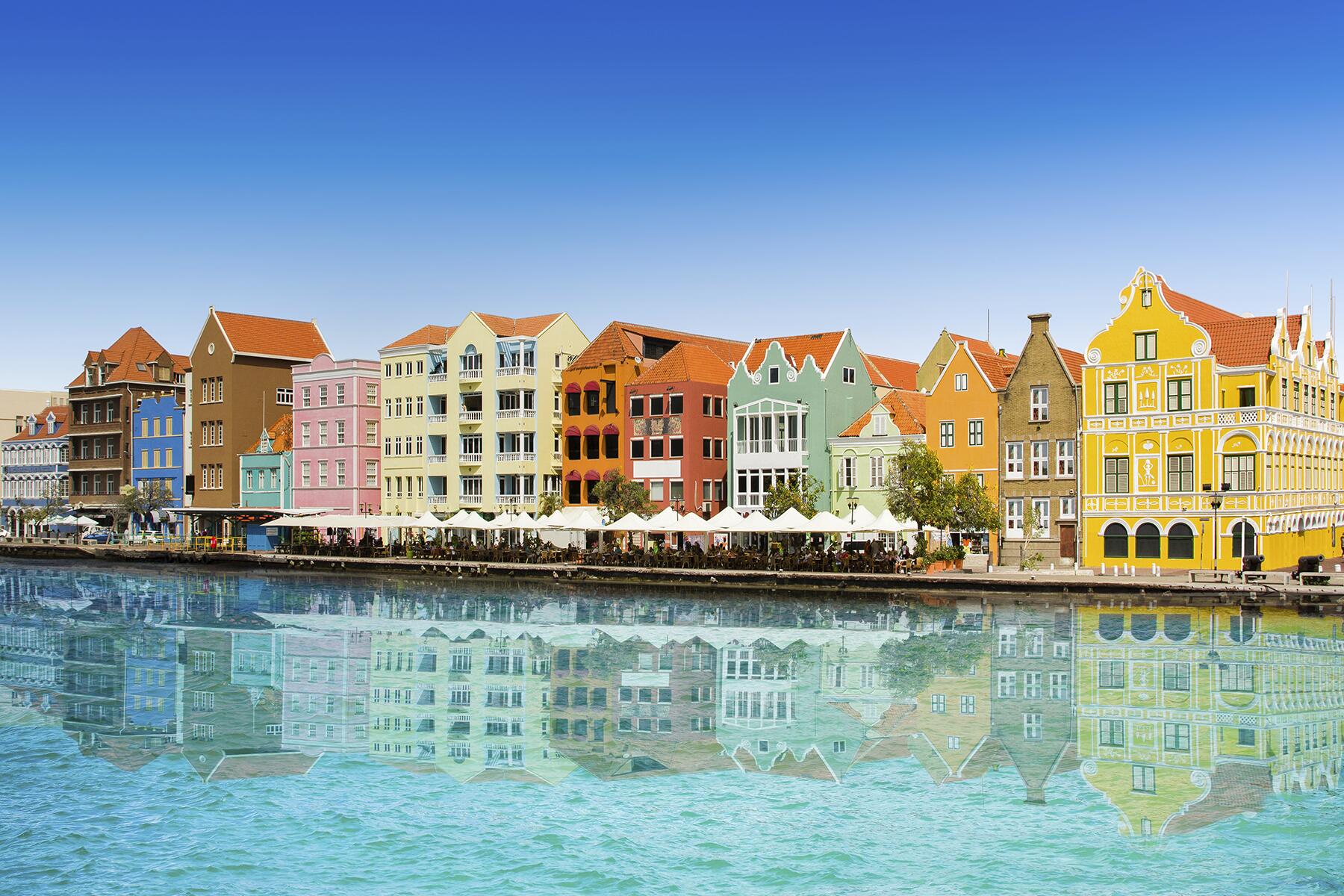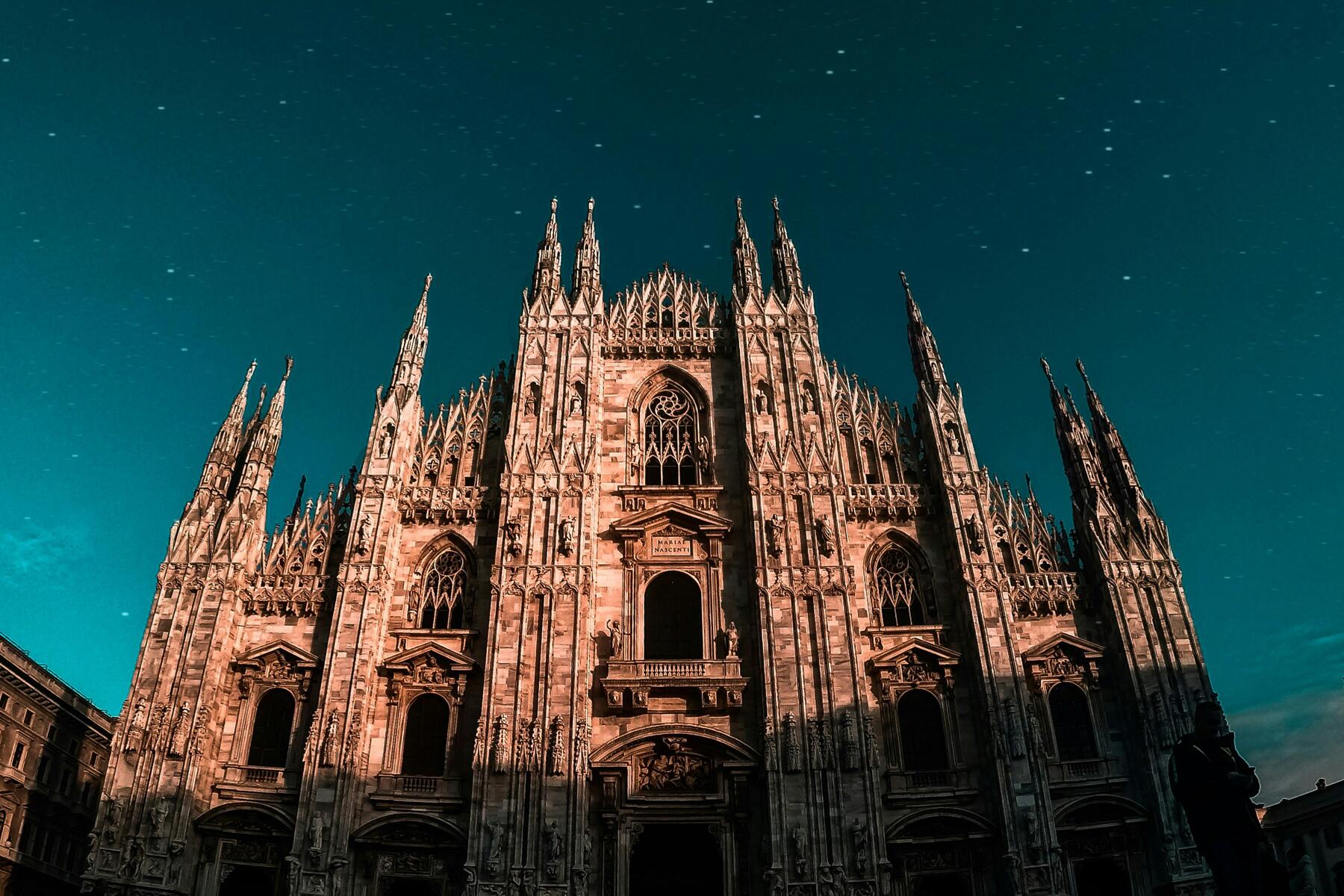Traveling to an area after a storm should be done with caution and consideration to the residents.
I am in several travel groups on Facebook; it is a great way to connect with locals, gain insight about an area or experience, and ask questions that you just cannot seem to find after a Google search. My one disdain for these groups is the discourse that comes regarding the continuity of travel plans after an area has been impacted by a natural disaster.
Despite the sharing of real-time images on social media, feedback from residents in those areas within the groups, and/or news updates, it never fails for several people to pose the question: “Is XYZ ok? I have a trip planned there next week.”
They cite a myriad of reasons as to why they cannot reroute their travels ranging from flights that have already been purchased to them really looking forward to visiting the destination. They are concerned about their plans, and rightfully so, as planning a vacation takes a lot of work. People have coordinated schedules, saved money, arranged for childcare, or are celebrating a milestone. The comments are always a mixed bag between “please do not come to the area right now” and “they can use your tourism dollars to assist with recovery.”
Recommended Fodor’s Video
From my observations, these travelers return to the groups with an update along the lines of “I had a nice time, but XYZ could have been better, there wasn’t much to do, and a lot of businesses were closed.” In the grand scheme of things, comparing the money you may lose for canceling a trip (which can be replaced through travel insurance) can come across as insensitive when measured up against the residents impacted by catastrophic events that have resulted in death, loss of jobs, food insecurity, displacement, and homelessness.
Your Vacation vs. Their Reality
I have visited New Orleans more times than I can possibly count; in fact, it is my favorite stateside destination. After visiting a few times in early 2021, I also went in September of that year to help with recovery efforts after Hurricane Ida.
Arriving about two weeks after the storm hit, it was nothing like I had ever seen before, even when I lived on the Gulf Coast. Grocery stores were running out of food as delivery trucks were unable to get into the area. The streetlights were down, making it difficult to navigate unfamiliar areas at night. There was a stench in the air from weeks of uncollected trash and debris.
In the nearby parishes, tiny villages of tents were erected as housing. Restaurants were closed, and homes and businesses alike were without power for over 20 days. There were even reports of tombstones and caskets uprooting and floating down the streets due to the extensive flooding that affected cemeteries.
It was in no way, shape, or form a suitable tourist destination during that time. However, people were still flocking to the Crescent City. The seven weeks I spent there were not reflective of the place I loved, but it was the recurring reality for the residents who have survived the brunt of numerous storms over the years. Growing up in Eastern North Carolina, where storms like Floyd and Matthew ravaged our state, it is also a reality that I contend with. Granted, there are levels to any disaster; a city, state, or country that has been severely impacted should be a no-go, in my opinion. I believe it is unfair to burden a grieving community with the task of providing us with leisurely entertainment as we seek to escape our own realities or celebrate milestones.
As many of those follow up-reports in the travel groups state, the experience in impacted areas will not be the same. Popular tourist destinations can and do benefit from tourism dollars, but when we choose to visit these places before they have had a chance to recover fully, we are taking away viable resources from the residents. One example of this is the social media movement that started in 2021, where Native Hawaiians were taking to social media, urging people to stop visiting because they were instructed to limit their water supply to assist in accommodating tourists.
Go With Lower Expectations
If you still want to continue your vacation to an area post-natural disaster, these suggestions are helpful and worth considering to not only maximize your visit but make an impact beyond tourism dollars.
1. Locate boots on the ground with local non-profits or mutual aid organizations to donate to. For instance, if you are taking a road trip, consider bringing along nonperishable food items, toiletry supplies, or cleaning products that can be donated to a shelter, community drive, or food bank.
2. Try to find a hotel or lodging in a surrounding city that could have sustained less damage than the city you planned to visit. This allows lodging in the impacted area to be kept open for displaced residents, linemen, emergency workers, etc. If you booked through a third-party site, they may be unaware of any damages or closures. Try to confirm your reservation by contacting the property directly before departing (or before booking if traveling a few weeks to months after a storm). You should also do this for any prescheduled or prepaid activities.
3. Bring cash. As places began to reopen, they may be doing so without full capabilities, such as the use of registers. I learned this the hard way after being stuck in a big snowstorm in Texas in 2021. The only restaurant within a safe distance from my hotel was Whataburger, and they could not use the cash registers due to a loss of internet and phone connectivity. I found the same to be true for ATMs across the city. While cash back with purchase was an option at stores in less impacted areas, they were either hesitant to allow cashback or stopped allowing it due to running low on certain denominations.
4. Expect delays in service. Given the circumstances, it’s unreasonable to expect places to be at the same operational level. They are contending with staff shortages, disruptions to their service providers, personal matters, and trying to deliver great customer service. Bring along some additional entertainment while waiting, like a tabletop game, deck of cards, or a book.
Above all, the biggest thing to remember when traveling to these places is to display empathy and compassion. While residents and locals are generally happy to welcome visitors, their lives may have been altered in a major way. A kind interaction with you can go a long way, brightening their day.



